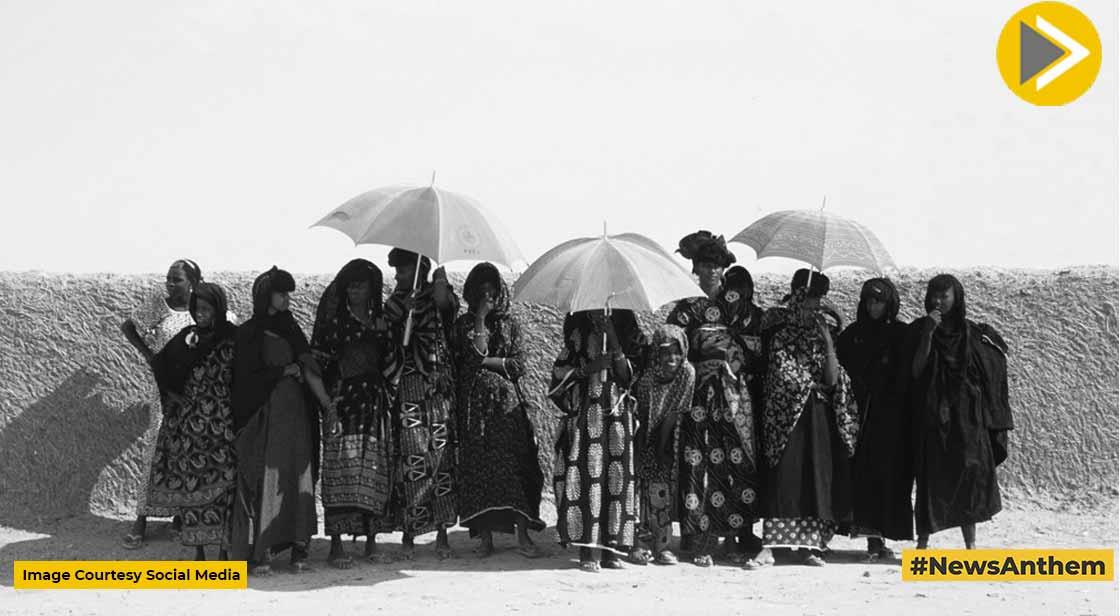Soaring Temperature Hindering Programme For Malnutrition Among Children In West Africa

News Synopsis
The rising temperatures could slash progress in reducing malnutrition in children across West Africa, researchers warned in the study that included more than 32,000 children aged between the three up to 36 month. This can, in turn, slow the development of economic growth, with malnutrition being linked to greater mortality rates as well as less education and lower income later in the course of.
"What is remarkable and, perhaps, the most important thing to remember is that the heat effects last for a long time," Ariel Ortiz-Bobea, an associate professor and applied agricultural economist at Cornell University and coauthor of the study noted.
Ortiz Bobea was part of a group that looked at data on weather and health from Benin, Burkina Faso, Cote d'Ivoire, Ghana, and Togo. Malnutrition-related stunted growth was nearly 6 percent more common in children who were exposed for at minimum 12 days a month with temperatures that were above 35 degrees Celsius which is 95 degrees Fahrenheit as the researchers discovered.
Extreme temperatures are becoming more common due to greenhouse gas emissions from transportation, power plants and agriculture heat the planet. If global temperatures increase by two degree Celsius higher than preindustrial normsan amount that scientists from the climate science field predict is likely without significant emission cuts -- the typical rate of stunted growth in kids within West Africa could nearly double to 7.4 percent and erase gains made in the past.
"Here here in the US it's often simply a nuisance," Ortiz-Bobea said. "But in many regions around the globe, it's difficult to simply switch to the AC. Children living in the regions that are most vulnerable aren't the ones responsible for climate change but suffer the effects. It's tragic."
The study was published in the midst of an international food crisis due to changes in the climate and Russia's incursion into Ukraine as one of the major exporters of grain to countries of the Middle East and Africa. This morning, the shipments resumed as part of an accord reached through Ukraine, the United Nations, Turkey, and Ukraine. Separate studies have revealed that warming temperatures could reduce yields of the staple crops that make up two-thirds of human calories such as maize, rice, wheat and soybeans. Natural disasters like extreme drought and rainfall are more frequent and could cause damage to livestock and crops.
Cornell's study of malnutrition failed to reveal the extent to which extreme heat affected diet of West Africa due to data insufficient, Ortiz-Bobea explained. While there's some evidence suggesting that lower agricultural production may be a factor however more research is required to pinpoint the cause it, he added.
In any case, there is urgent need for further studies and developments across West Africa -- and across the continent to develop new varieties of crops that can help mitigate the local climate impacts.
"We need more people involved in the industry of developing innovative seed technologies that farmers would like to use," Ortiz-Bobea said.
You May Like









